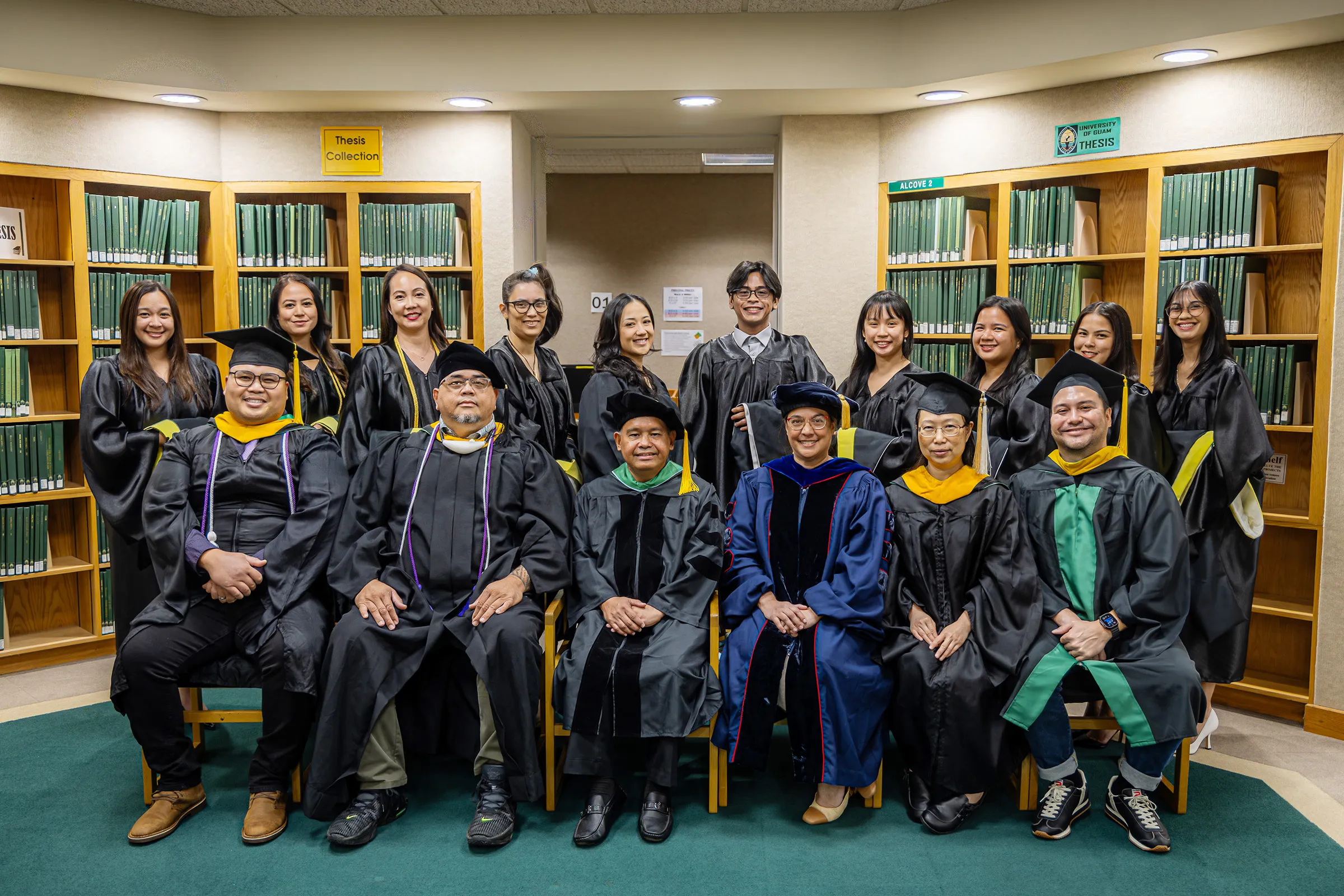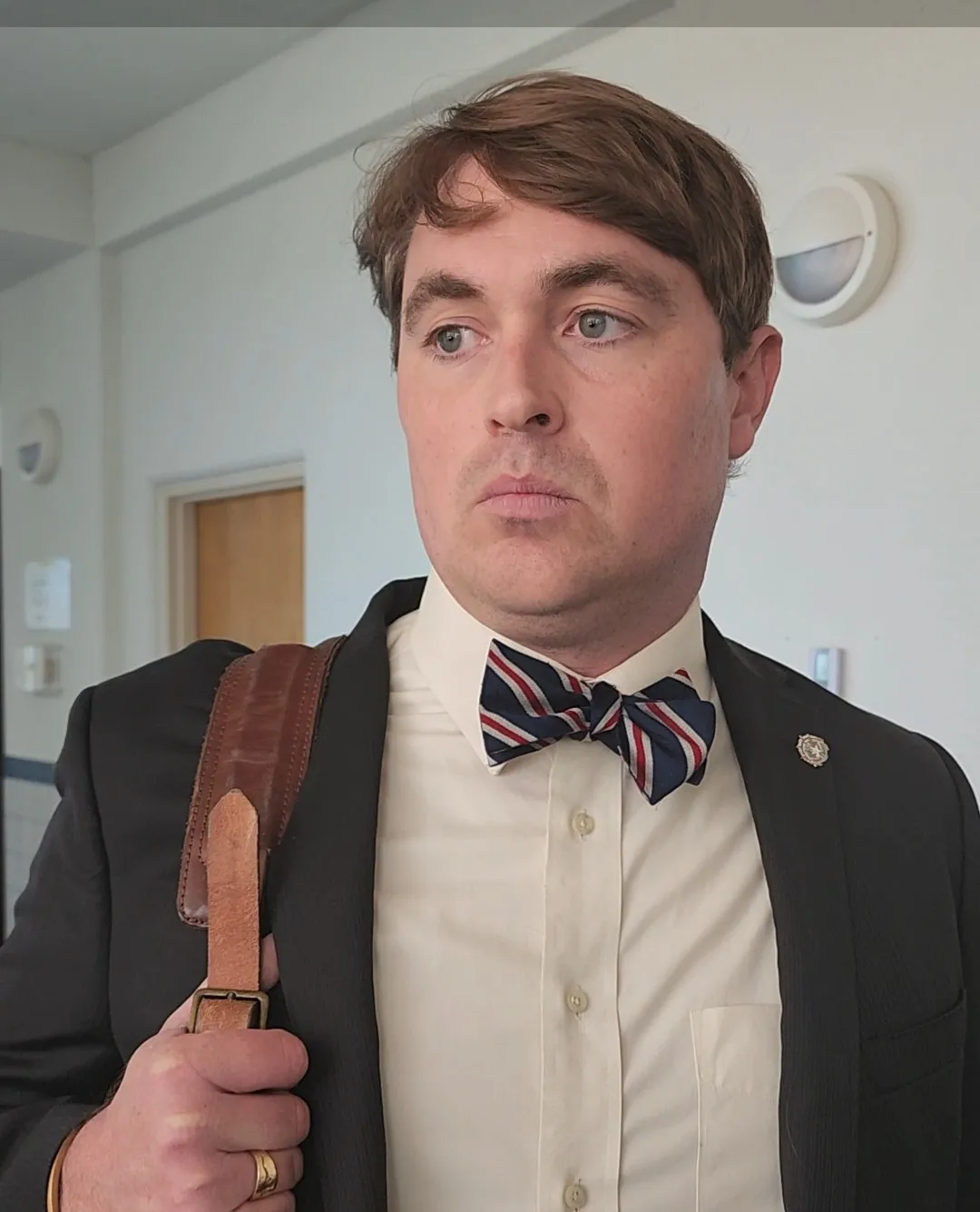By Teacher Rose Embile
I GREW up in Sorsogon, a province in the Bicol Region of the Philippines, where every town seems to have its own language. Although we are all Bicolanos, the words we use and the way we speak can sound completely different from one place to another. Even small changes in pronunciation can mean something else in the next town. That’s how rich and diverse our culture is.
I once met a foreign missionary who said he had studied the Bicol language before coming to our area. But when he arrived, he was surprised — the dialect we spoke was very different from what he had learned. He realized that every community has its own way of expressing itself. That moment taught me that language is more than a tool for communication — it is part of who we are.
Before moving abroad, I taught in Marikina City, Metro Manila a place known for its discipline and strong sense of community. My students there came from different parts of the Philippines, and each had their own accent and way of speaking. But inside the classroom, we found unity through learning and respect. It showed me that even if we talk differently, we can still understand one another when we listen with an open heart.
Now, as a foreign teacher in Saipan, I teach students from many ethnicities — Filipino, Chamorro, Chinese, Korean, and others. We use English to connect, but each child still carries their home language proudly. When they share words or phrases from their culture, I see their faces light up. It reminds me that our language holds our memories, traditions, and stories.
As a Bicolano who has taught in Marikina City and now in Saipan, I’ve learned that language keeps us rooted no matter where we go. It’s a reminder of home and the people who shaped us. In a multicultural world, our differences in language should not divide us — they should inspire us to understand, respect, and celebrate one another.
Language is truly the heart of cultural identity. It tells the story of who we are, where we come from, and how beautifully diverse our world can be.










